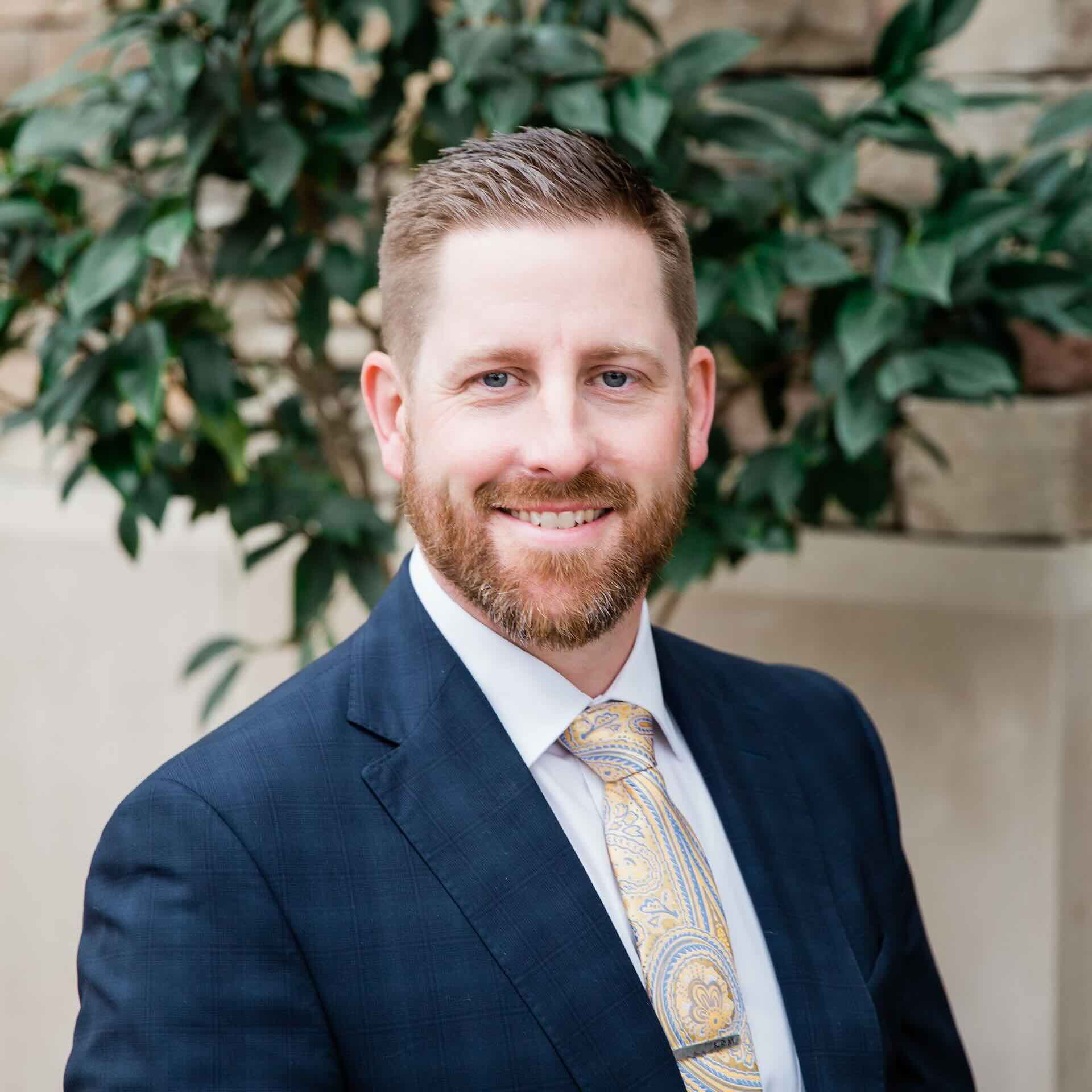When it comes to treating musculoskeletal issues, the journey often involves exploring a variety of treatments before resorting to surgery. In my experience as an orthopedic surgeon, I’ve observed that patients who come to my clinic have often already attempted various conservative measures. These can range from physical therapy and acupuncture to cupping and chiropractic care.
The Role of Conservative Measures
Conservative measures like chiropractic care, acupuncture, and physical therapy can have a considerable role to play in patient recovery. These therapies are beneficial for multiple reasons:
- Eliminating Inflammation: These interventions often help in reducing inflammation, which is usually a primary cause of discomfort.
- Restoring Elasticity: Techniques employed by skilled practitioners can improve the elasticity of tissues, which is crucial for restoring natural movement.
- Symptom Relief: A well-executed treatment can significantly alleviate symptoms, allowing patients to resume their normal activities.
Selecting the Right Practitioner
The efficacy of these therapies often depends on the skill of the practitioner. For example, if you’re seeing a chiropractor skilled in techniques that improve tissue elasticity and reduce inflammation, then it’s a worthwhile avenue to explore. However, if you find that your chosen healthcare provider is not delivering results, it may be worth seeking another expert who specializes in the techniques that are most relevant to your condition.
When Surgery Becomes an Option
As an orthopedic surgeon, my ultimate tool for treating severe cases is surgical intervention—a specialized skill that falls under my purview. However, surgery is typically considered a last resort, recommended only after other, less invasive methods have been exhausted. The decision to proceed with surgery is often a collaborative one, involving multiple healthcare practitioners who have tried various techniques to improve a patient’s symptoms.
A Team Approach for Comprehensive Care
The journey to recovery is seldom a straight path and often requires a multimodal approach. In an ideal treatment plan, orthopedic surgeons, physical therapists, chiropractors, and other healthcare providers collaborate to offer a holistic treatment. This involves not just a suite of techniques to improve symptoms but also a comprehensive strategy to allow patients to get back to their normal lives.
Conclusion
Having good relationships with various types of healthcare practitioners is invaluable for effective treatment planning. If conservative measures haven’t yielded the desired outcomes, that’s when surgical options come into play. So, it’s essential to keep an open mind, trust the process, and explore all avenues of treatment. With a team of skilled clinicians on your side, the likelihood of a successful recovery increases significantly.




